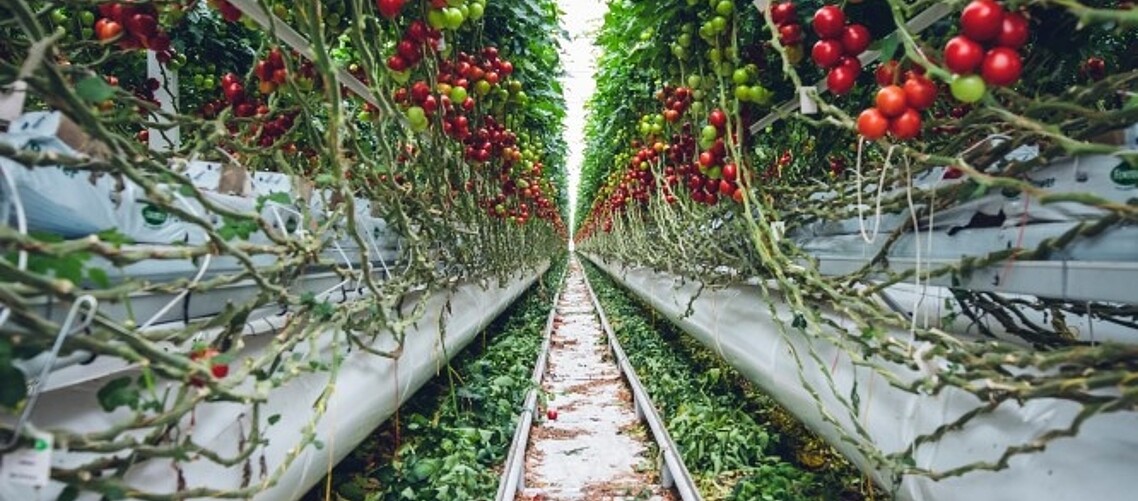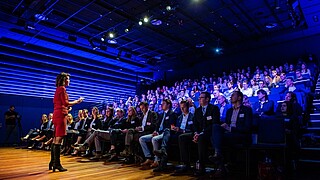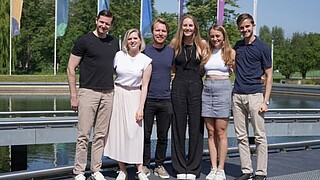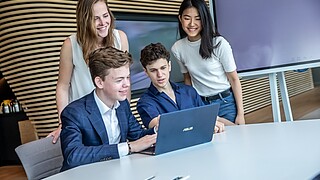In total, 33 bachelor students and 45 entrepreneurs from the horticultural cluster participated in the project. They discussed the future scenarios for the Dutch horticultural cluster, a strategic instrument that provides entrepreneurs with guidance in developing their vision for the future. These scenarios were the basis for the bachelor project, which was led by Professor Jan van den Ende. Students introduced scenario thinking to the entrepreneurs, and discussed their thesis ideas with entrepreneurs, managers, directors and other professionals from the horticultural cluster.
Identify future trends
RSM student Martijn van Heijningen started working with the scenarios for his bachelor thesis. Together with two fellow students, he is working out the future scenarios with five managers of an internationally operating vegetable company. “Each thesis group was assigned a subsector of horticulture. Within that, you had to look for a company to perform the analysis for,” says Van Heijningen. The future scenarios of ACCEZ are the basis of their workshop. Together with the entrepreneurs, they identified the most important future trends for the company. “You soon notice that you have to tailor such a scenario to the specific situation of the company; with us, for example, it was a lot about legislation and global differences.”
The bachelor students said the example scenarios of ACCEZ provided a good incentive for the discussion with the entrepreneurs. Van Heijningen is pleasantly surprised with the reactions: “You notice that they are not used to working with students, but they are really open about it and want to do this more often. A lot of new insights are coming out, which is nice to see.”
This is a good way for students to connect directly with the business community. “We dive into a lot of theory in our classes, and it’s great to link that theory to practice like this,” says Van Heijningen.
New people, new ideas
The companies also benefit from it. It offers them an opportunity to formulate new thoughts that there is normally no room for. Companies can spar with outsiders who have new, fresh perspectives.
“Thinking about the future requires companies to keep an eye on countless developments on a political, technological and social level,” says Professor van den Ende. “That is almost impossible to do – it goes far beyond their own work. By developing the scenarios for their subsector together with the horticultural cluster itself, we map everything more clearly.”
He adds the company does not have to start from scratch. “Entrepreneurs link the broader trends to what they already know about the immediate environment of their company and thus get a good picture of risks and opportunities. They can translate the scenarios into innovation projects. These don't have to be large projects, but they are projects that help them to respond quickly to changing situations.”
Research in practice
Professor Van den Ende says it is important to use research to help professionals think about the future: “The horticultural cluster is very dynamic, apart from the corona crisis. As an entrepreneur, you have to prepare for various possible future situations in your sector. Scenarios help you disconnect from today's world and think creatively about those situations.” He added that the further you have to look ahead, the greater the uncertainties become. And that projects like this can help companies with that.



